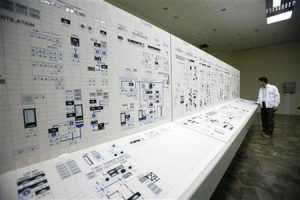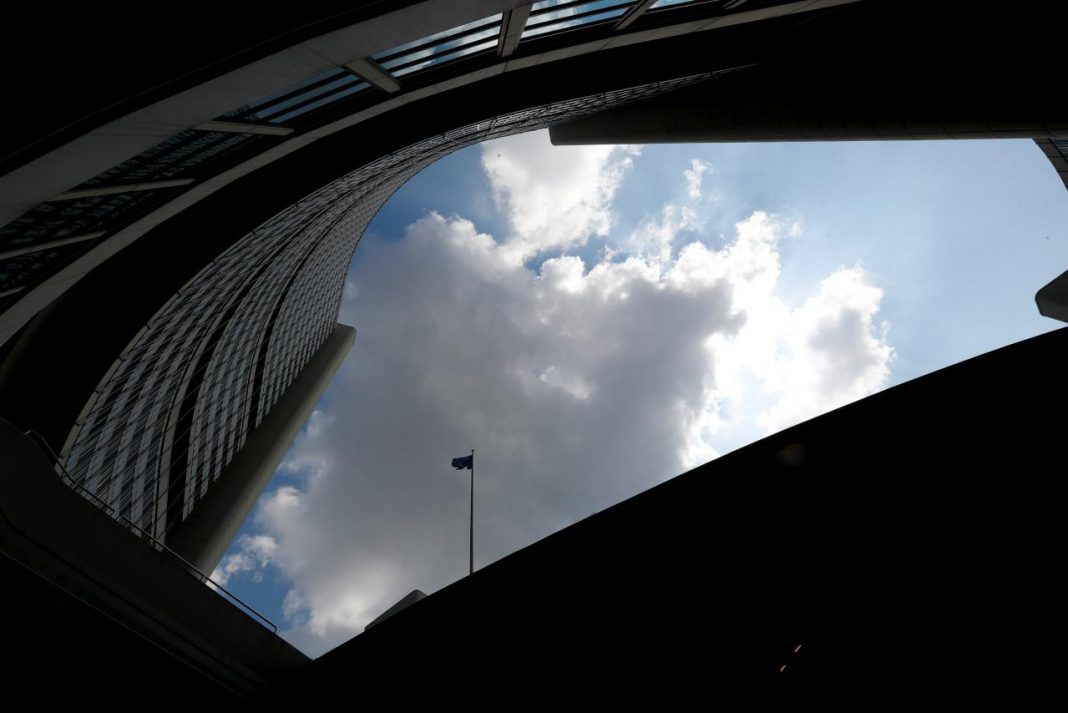By Parisa Hafezi
ANKARA, June 5 (Reuters) – Iran will inform the U.N. nuclear watchdog in Vienna on Tuesday over its start of a process to increase the country’s uranium enrichment capacity, Iran’s Atomic Energy Organisation spokesman Behrouz Kamalvandi told ISNA news agency.
“In a letter that will be handed over to the International Atomic Energy Agency (IAEA) … Iran will announce that the process of increasing the capacity to produce … UF6 (uranium hexafluoride) … will start on Tuesday,” Kamalvandi said.

He said Iran had the capacity to accelerate production of centrifuges, which are used to enrich uranium. The UF6 is a feedstock for centrifuges.
Iran’s ultimate authority Supreme Leader Ayatollah Ali Khamenei said on Monday he had ordered preparations to increase uranium enrichment capacity if a 2015 nuclear deal with world powers falls apart after the U.S. withdrawal from it last month.
“The leader (Khamenei) meant that we should accelerate some process … linked to our nuclear work capacity to move forward faster in case needed,” Kamalvandi said.
European signatories of the accord back the deal but have concerns over Iran’s ballistic missile programme and its influence in the Middle East. Iran says the two issues are non-negotiable.
Under the agreement with the United States, France, Germany, Britain, Russia and China, Iran strictly limited uranium enrichment capacity to satisfy the powers that it could not be used to develop atomic bombs.
In exchange, Iran received relief from sanctions, most of which were rescinded in January 2016.
The deal allows Iran to continue 3.67 percent uranium enrichment, far below the roughly 90 percent threshold of weapons-grade. Before the deal was reached, Tehran enriched uranium to up to 20 percent purity.
Since President Donald Trump’s announcement of the U.S. exit on May 8, EU leaders have pledged to try to keep Iran’s oil trade and investment flowing but admitted that will not be easy to do.
Iranian authorities have said that if the European countries failed to keep the pact alive, Tehran had several options, including resuming its 20 percent uranium enrichment.
(Writing by Parisa Hafezi Editing by James Dalgleish and Chris Reese)


